What Makes Us Different?

We are tattoo artists and tattoo lovers. The idea for Good Judy came up in a tattoo session between the two owners Lee and Ryan. Lee, being a tattooer was worried about the plastic garbage their shop created and had started sourcing as many compostable products as possible. Ryan, being an entrepreneur recognized the potential in making compostables widely accessible to the tattoo community. Since 2019 we have built Good Judy without any investors.
~~~~~~~~~~~~~
As a diverse team - 50% of Good Judy is queer owned - we believe inclusion and mutual respect is vital in the fight to protect our planet.
~~~~~~~~~~~~
We approach problems with an open mind and a genuine desire to find the most equitable solution by using curiosity instead of fear. That curious attitude also fills us with a deep sense of responsibility to be knowledgeable and honest about our products. Knowing what goes into them and conveying that to our clients is paramount. We may not have 100% of the answers all the time but we are committed to learning, growing and bettering our business as well as ourselves.

LAND ACKNOWLEDGEMENT
We acknowledge that the land we operate our business on is the traditional territory of many nations including the Mississaugas of the Credit, the Anishnabeg, the Chippewa, the Haudenosaunee and the Wendat peoples and is now home to many diverse First Nations, Inuit and Métis peoples. Toronto (Tkaronto) is covered by Treaty 13 signed with the Mississaugas of the Credit, and the Williams Treaty signed with multiple Mississaugas and Chippewa bands.
We acknowledge that Tkaronto is recognized to be within Dish With One Spoon territory where this and many other agreements and treaties were broken.
We acknowledge that Tkaronto and Turtle Island as a whole is stolen land that was seized from Indigenous Peoples through genocide and other inhumane acts.
As we continue to educate ourselves we wish to find authentic ways to show up for climate justice and human rights which are inextricably connected. Historically indigenous peoples have been (and continue) to be at the forefront of climate justice action and we wish to acknowledge and express our deepest gratitude towards the communities and individuals who have been fighting the hardest and longest.


